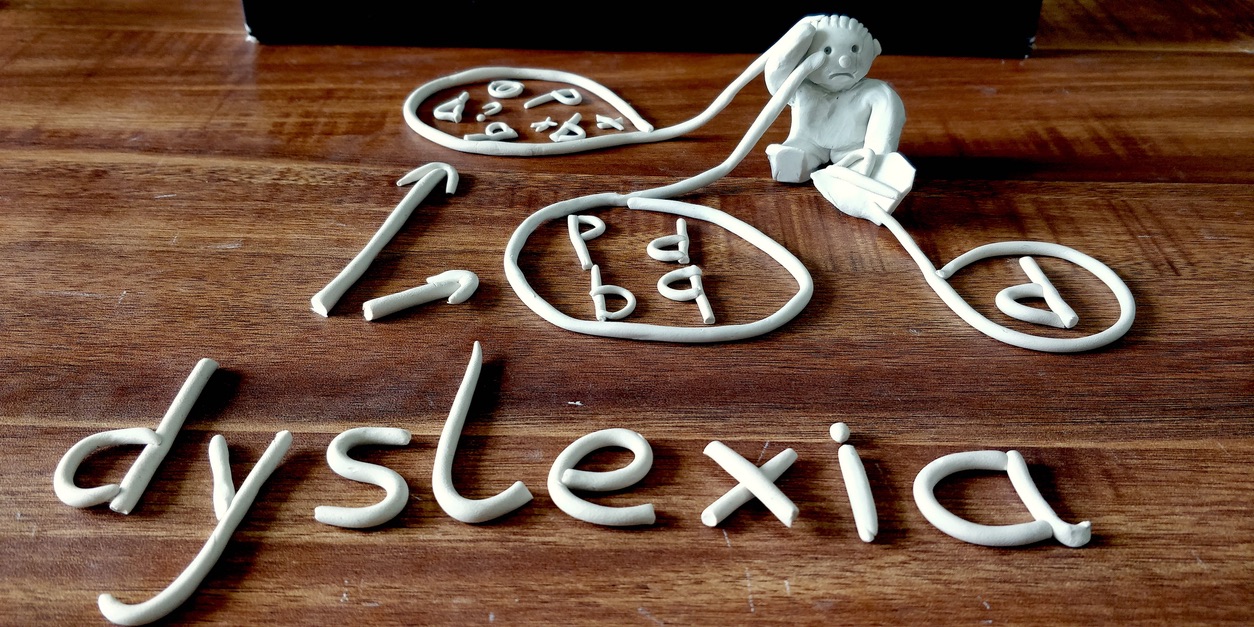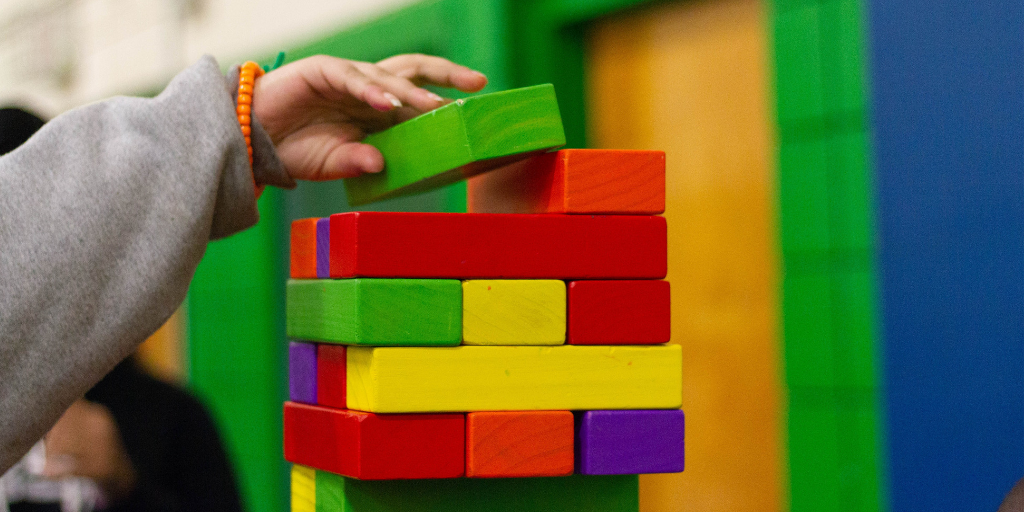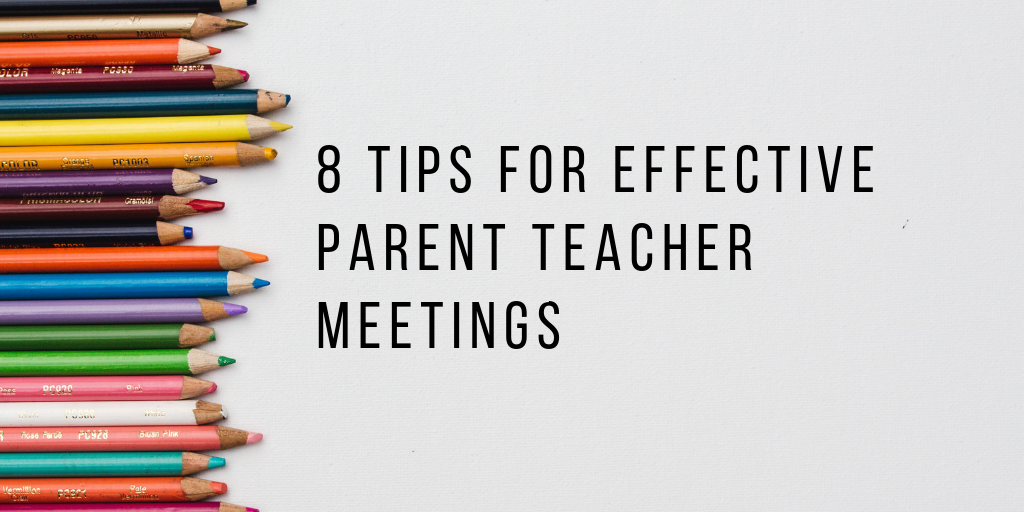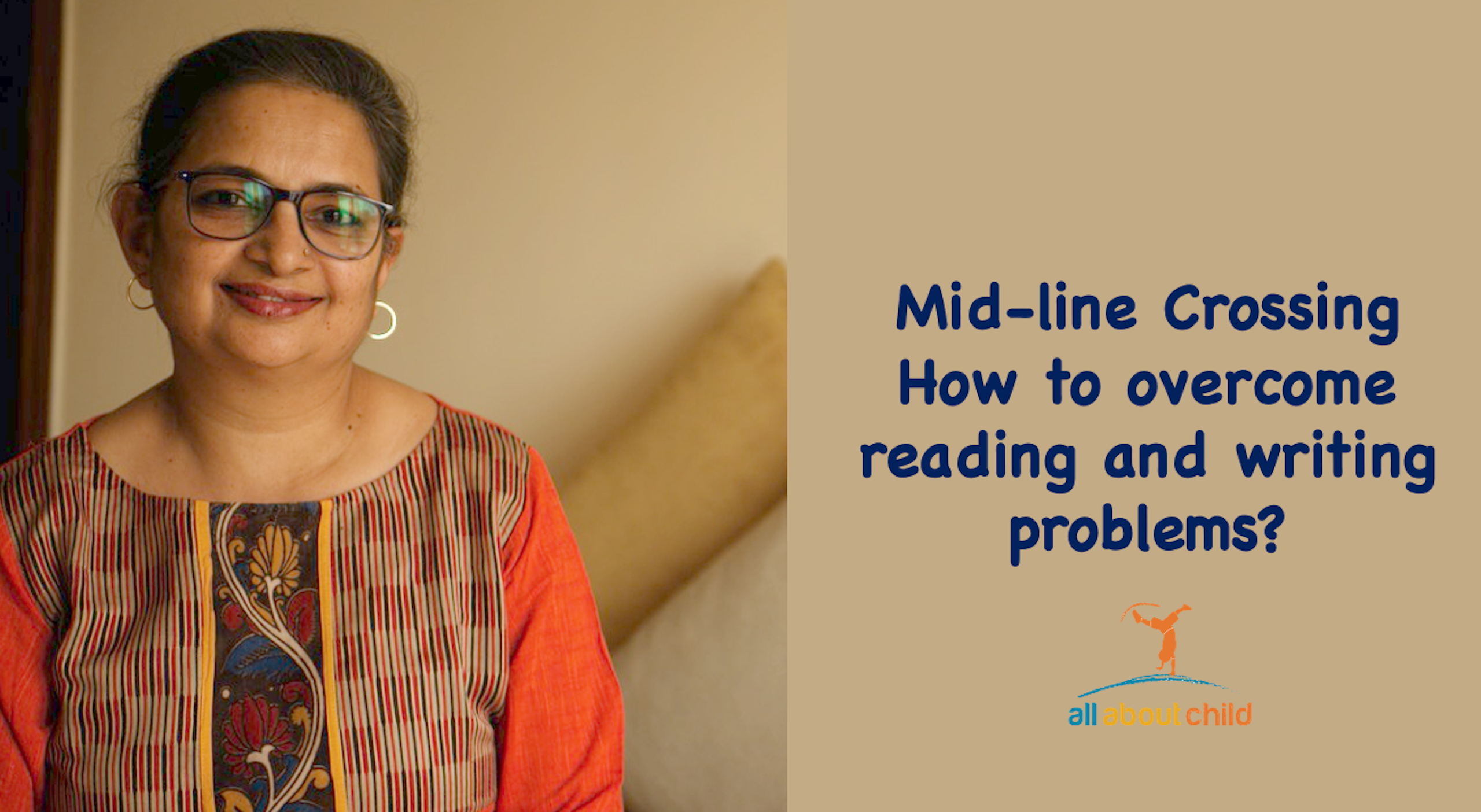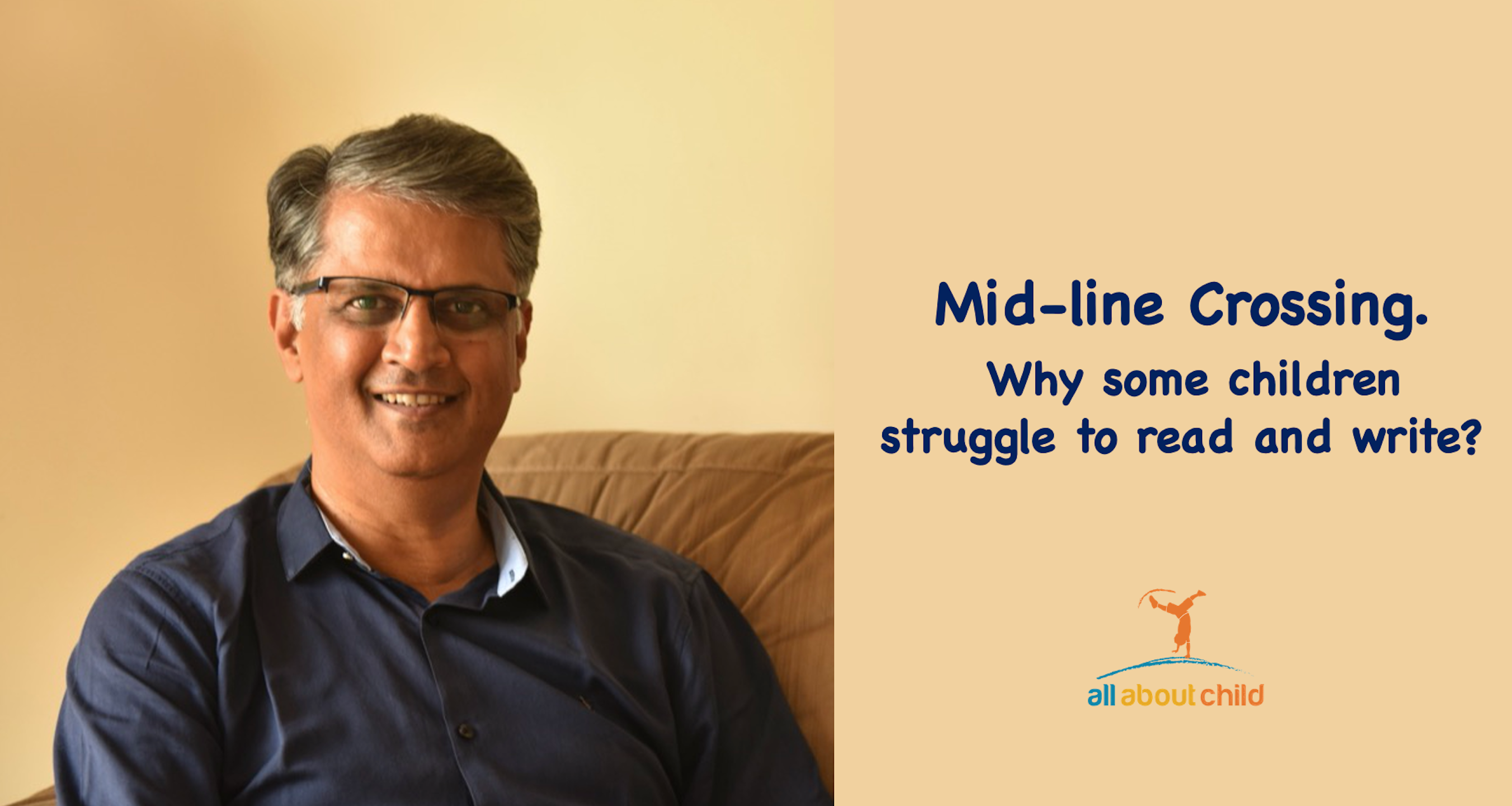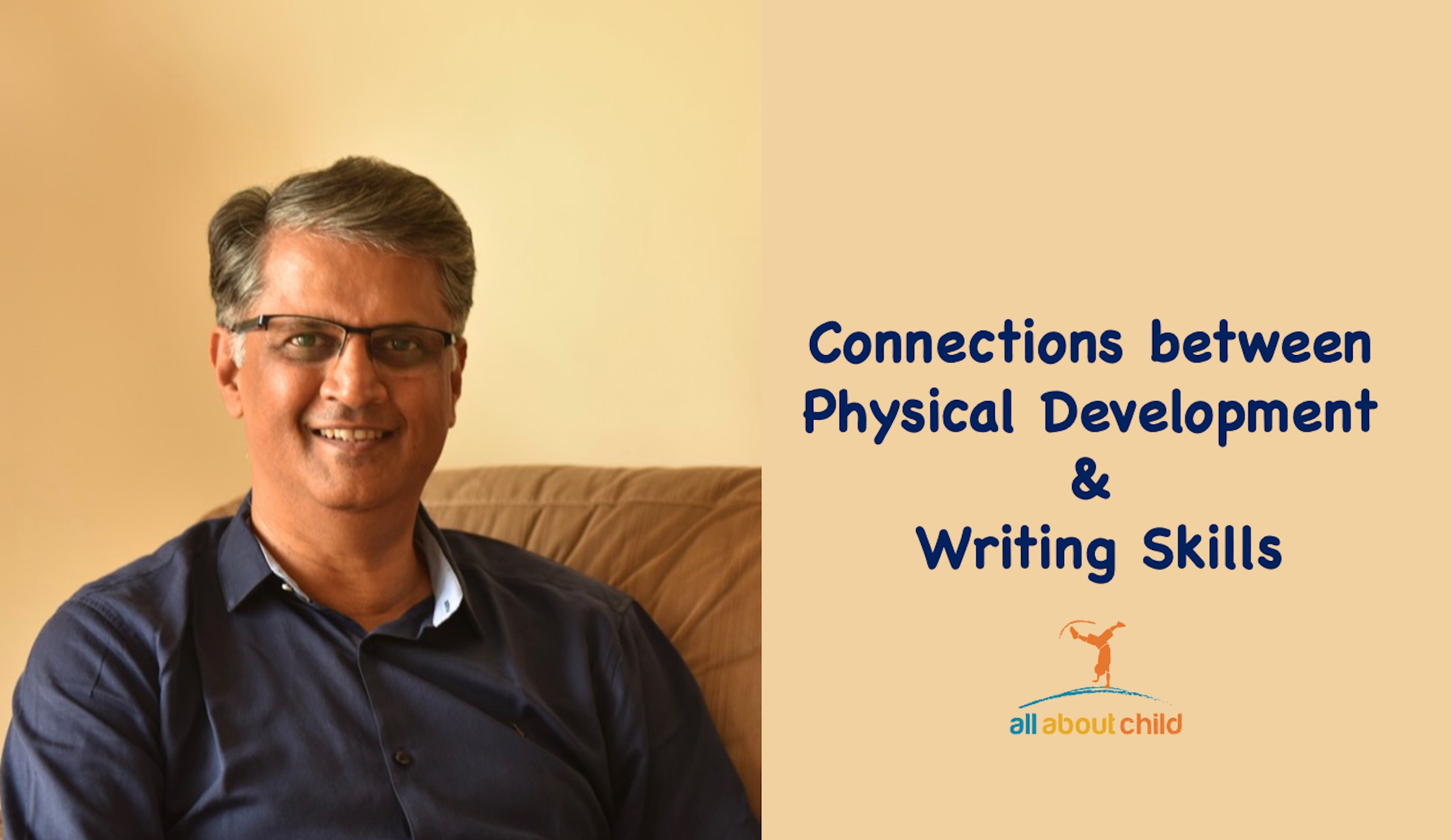Successful learning for students is incomplete if Parent Teacher Meetings (PTM) are not conducted regularly by the schools. In my opinion at least 4 scheduled PTM’s should be held in an academic year. PTM’s need not be only between the teacher and the parent but should include the student as well. After all it is about the child and its learning. While there are many occasions in a healthy school environment to meet with parents the 3 major occasions that count as PTM’s are as follows:
Open Day: This happens at the beginning of the academic year. This is a good occasion for parents and teachers to get to know each other. Teachers can outline the curriculum requirements and set the stage for parental involvement throughout the year.
Academic Progress: These meetings happen during the course of the academic year. Some may be scheduled ones and some may arise due to concerns from either the parents or the school. The focus here is usually on the academic achievements and progress of the child.
Student Led Conference: This meet happens towards the end of the year. I think this is the most important event for all concerned. The conference helps showcase the overall development of the child and most importantly the child is in charge.
So how can teachers ensure for a successful PTM?
- Prepare from day 1: Successful conferences happenwhen teachers are well prepared. Documenting student work should start from day 1 of the start of school. Never ever comment on student progress without substantial evidence during the meet. It is not easy for teachers to remember the achievements of each and every student in a class of 30 students. Teachers will be doing injustice if a very generalized comment on the child’s progress is mentioned. The notes and the documents come handy to give a more detailed report of each student.
- Information Morning or Open day: Parents should be well informed about the rules and regulations of the school. It is a good idea to hand over a copy of the policies at the time of admissions to a new student and remind parents of the rules and regulations of the school during the first meeting of the academic year. Students should be included in these discussions as they are the ones who will have to adhere to them.
- Be organized: Depending on the type of conference plan the day well in advance. When it involves students leading the conference, it is a good idea for them to be involved in the preparation of their files for the conference. Students should be allowed to pick up their best work to showcase to their parents. The conference can be successful one when children are given the responsibility and are allowed to lead. The teacher has to help by getting the students to rehearse and organize their thoughts but asking the right probing questions. Be thoughtful of the day you choose to have your PTM’s. Choose a day and time which is convenient for working parents to attend. Send the invitations well in advance so that you give enough time for parents to organize their time.
- Starting the conversation: First of all greet the parents warmly. Welcome them into your space. Teachers should always start the conversation by highlighting the positives of the student. Every parent loves to hear what their child is good at. By doing this you are building a good tempo to the meet. Do not hide your concerns about the child for fear of repercussion’s. You will only be postponing the problem and not helping the child. For children who are not showing progress take suggestions on strategies the parents use at home OR share your strategies if the parent are at a loss. The PTM’s should help build a partnership between school and home for the benefit of the student.
- Be a good Listener: Some parents can get defensive of their child’s behavior especially if the child is displaying unacceptable behavior. Always listen out the parent patiently. Often the solution emerges out of the parents words. It is a good idea for the teacher to keep records of previous years or have a conversation with the previous year’s teachers to see if the issue was there earlier too or it has emerged recently. This will help the parents and the teacher draw a strategy to help the student.
- Timing the PTM’s: Well-timed PTM’s be it the day you choose to have the meet and the time of the year plays a great part in making it a success. The start of the academic year should be an informative one including meeting all parents. This meet should not focus on individual children but address the curriculum covered that year and what are the student and parent expectations and what parents can expect from the school. The following meets during the year would be about the student learning and how the child is progressing. I love to conclude the year with a student lead conference. Children as young as 3 are given the responsibility of leading these conferences.
- Be clear of the purpose of the meet: In the previous paragraph we saw that there can be 3 commonly conducted conferences. It is good for the teacher to stick to the purpose of the meets. Teachers should discourage discussing individual student progress during the open days and during student led conferences.
- Arranging the classroom: Not just before a conference but it is a good practice to keep the classroom displays updated with students latest work e.g.: a piece of writing, art work, paintings etc. Make sure every child’s work is displayed. Pay special attention to the seating. Too much distance between the teacher and the parents can be a barrier to the general atmosphere of the meeting. Sitting in close proximity builds a positive vibe to the atmosphere. Always include the student in the conversations.
A good partnership between the school and home takes years to build. Every teacher has the responsibility of taking a positive step towards this happening. Often the ego of the adult can bring in a sour taste to this wonderful partnership. Both parents and teachers should not forget that the ultimate benefactor is the child and in turn they themselves.

